On the morning of June 26, the National Assembly discussed the draft Law on Cultural Heritage (amended).
Participating in the discussion, delegate Nguyen Van Canh (Binh Dinh) stated that Article 7 of the draft law stipulates priority for allocating the State budget for activities to protect and promote the values of intangible cultural heritage and documentary heritage that have been included in the UNESCO list.
Vietnam has many intangible cultural heritages recognized by UNESCO such as water puppetry, Hue royal court music, ca tru, Xoan singing, Southern amateur music, Vi Dam folk songs, Bai Choi art, Thai Xoe art... Delegates proposed to have specific regulations on prioritizing budget allocation to create conditions for the activities of the above art forms.
Mr. Canh said that with more than 700 district-level administrative units, the State can order troupes to perform annually, each type suitable for each region. This regulation will maintain and create additional revenue for troupes to operate, protect and promote heritage, bringing cultural heritage closer to the people.

Delegate Nguyen Van Canh. Photo: National Assembly
Regarding the issue of State management of cultural heritage, delegate Nguyen Van Canh said that since 2011, the Ministry of Culture, Sports and Tourism has organized a national flower election and the rate of choosing the lotus flower has reached 81%. When the people and the agencies assigned to develop the project were waiting for the national flower announcement ceremony, there was an opinion that no agency had the authority to approve it. This issue was also recently answered by Minister Nguyen Van Hung at the question and answer session.
Mr. Canh cited the fact that the ao dai is being proposed to be honored as a world intangible cultural heritage but has not been recognized as a national cultural heritage in the country. Therefore, he suggested that the Ministry of Culture, Sports and Tourism have a regulation in the draft Law on Heritage specifying which agency has the authority to approve the ao dai as a national cultural heritage, before submitting it to the world heritage. This will avoid the situation where experts debate whether to choose the ao tu than or ngu than, giao linh or vien linh, traditional or modernized, because "they keep discussing but cannot resolve it".

The rate of choosing lotus flower reached 81% when voting for the national flower. Photo: Hung Nguyen
Meanwhile, delegate To Ai Vang (Soc Trang) emphasized that each country builds its own brand, the brand is the image and mark of that country recognized by the domestic and foreign community - also known as soft power. The more soft power is spread, the more economic, political and social benefits it brings.
Delegates proposed adding two more types of languages, writings of ethnic groups and folk literature to the category of intangible cultural heritage (currently there are 6 types). Vietnam is a multi-ethnic, multi-lingual and multi-script country. Ethnic minorities still preserve their own languages and writings well.
Ms. To Ai Vang cited the preservation of the Khmer, Chinese, Tay, Nung, Mong, Dao, Lo Lo, San Chi ethnic groups... However, the delegate expressed concern that the languages and writings of ethnic groups are still at risk of fading away, disappearing or being distorted in the process of urbanization and international integration.

Delegate To Ai Vang. Photo: National Assembly
Talking about promoting the image of cultural heritage, delegate To Ai Vang mentioned the Global Learning Cities Network Award, which was honored by UNESCO as a member with 294 cities from countries around the world. Vietnam has 5 cities as members including Ho Chi Minh City, Cao Lanh City, Sa Dec City, Vinh City and Son La City.
Regarding the Creative Cities Network Award, UNESCO has honored 350 cities from more than 100 countries as members. Among the 10 cities in Southeast Asia that are members, Vietnam has 3 cities including Hanoi as a creative city in the field of design, Hoi An as a creative city in the field of folk arts and crafts, and Da Lat as a creative city in the field of music.
Delegate To Ai Vang proposed that the Government prioritize the allocation of development investment capital to encourage the outstanding efforts of the honored cities. In particular, the development and promulgation of policies to encourage learners, according to Ms. To Ai Vang, is considered a very important foundation for building a learning society and lifelong learning.
Source: https://vietnamnet.vn/de-nghi-co-co-quan-phe-duyet-hoa-sen-la-quoc-hoa-ao-dai-la-di-san-van-hoa-2295388.html



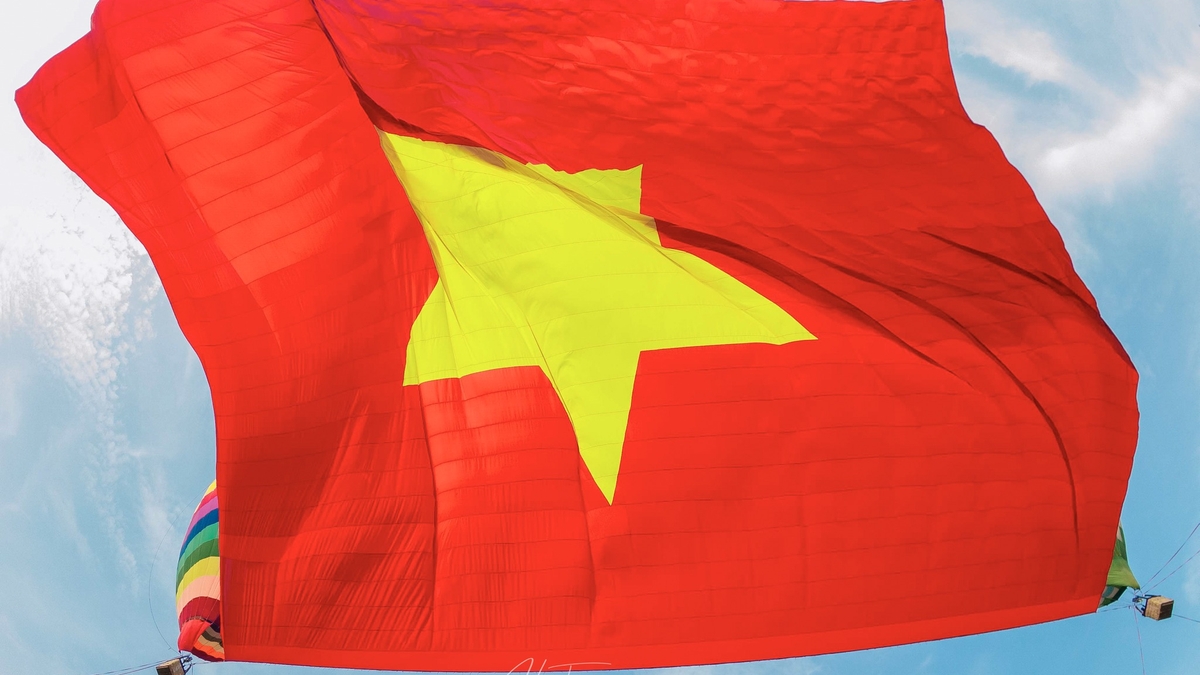


![[Photo] Prime Minister Pham Minh Chinh inspects the progress of the National Exhibition and Fair Center project](https://vphoto.vietnam.vn/thumb/1200x675/vietnam/resource/IMAGE/2025/5/19/35189ac8807140d897ad2b7d2583fbae)
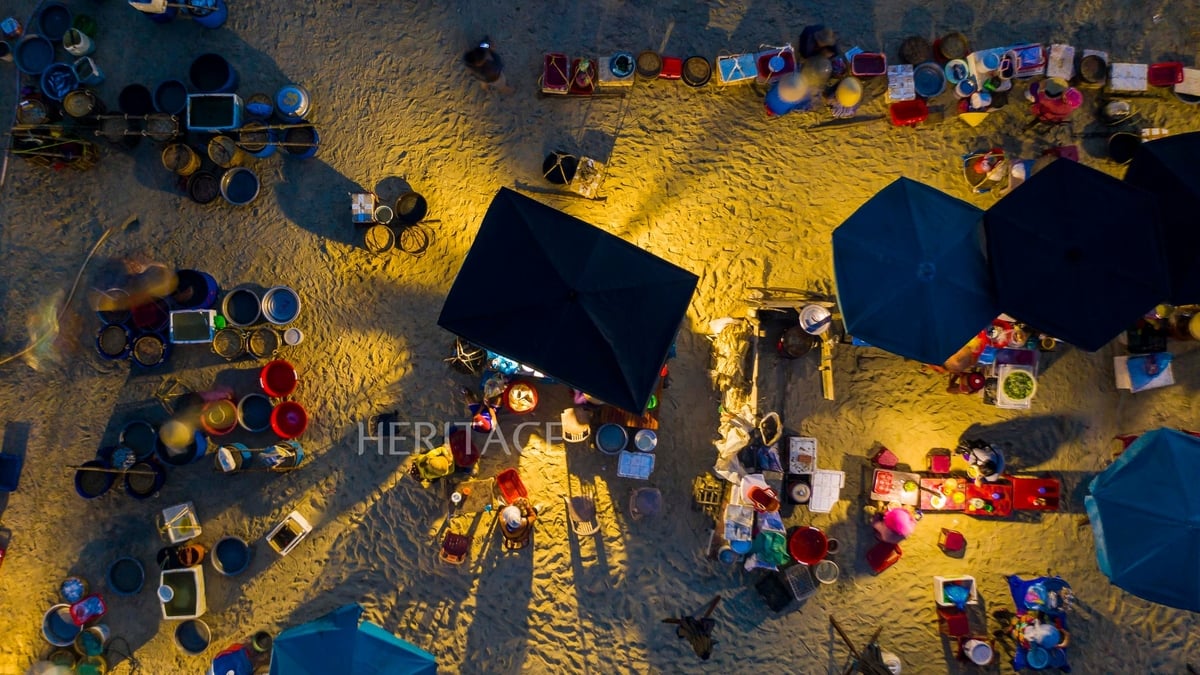


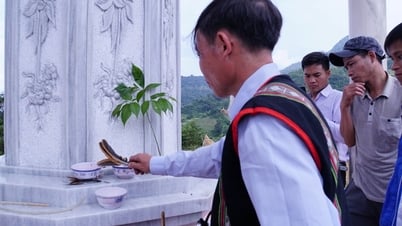


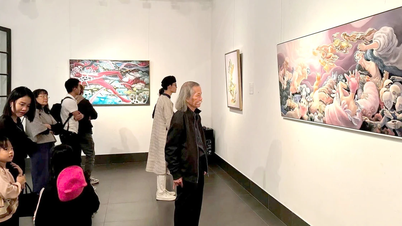



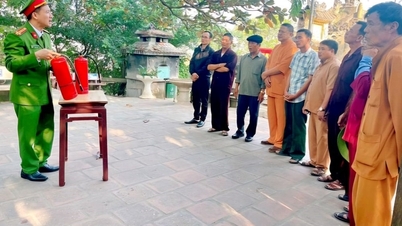
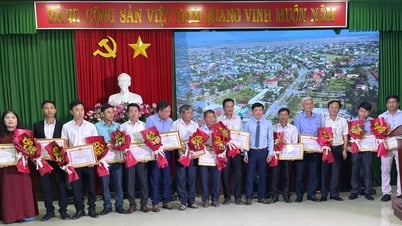


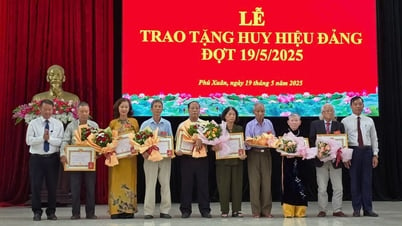
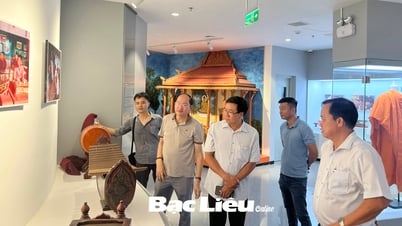







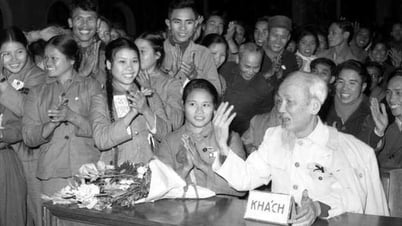


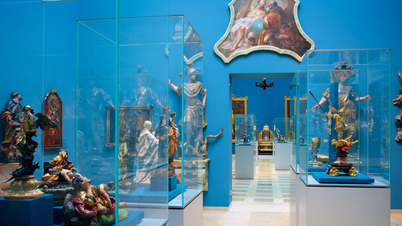










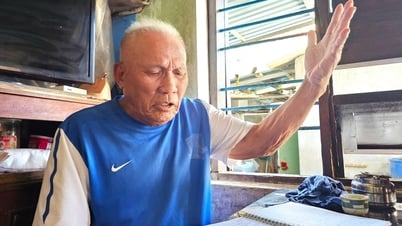



























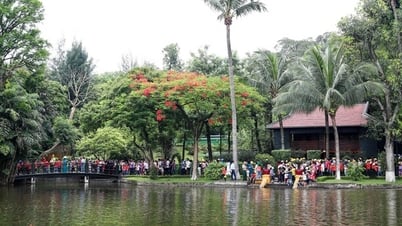

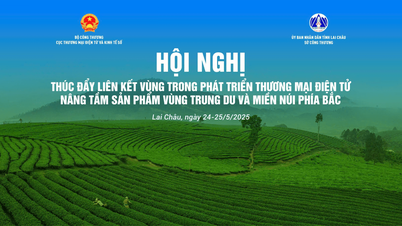

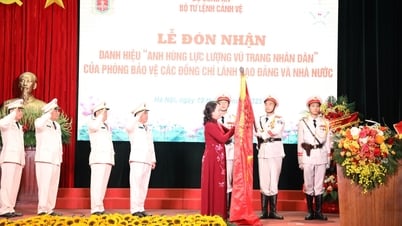


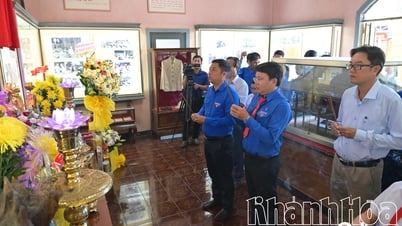



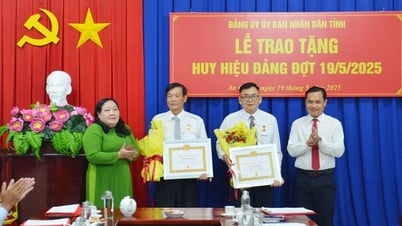


![[VIDEO] - Enhancing the value of Quang Nam OCOP products through trade connections](https://vphoto.vietnam.vn/thumb/402x226/vietnam/resource/IMAGE/2025/5/17/5be5b5fff1f14914986fad159097a677)







Comment (0)